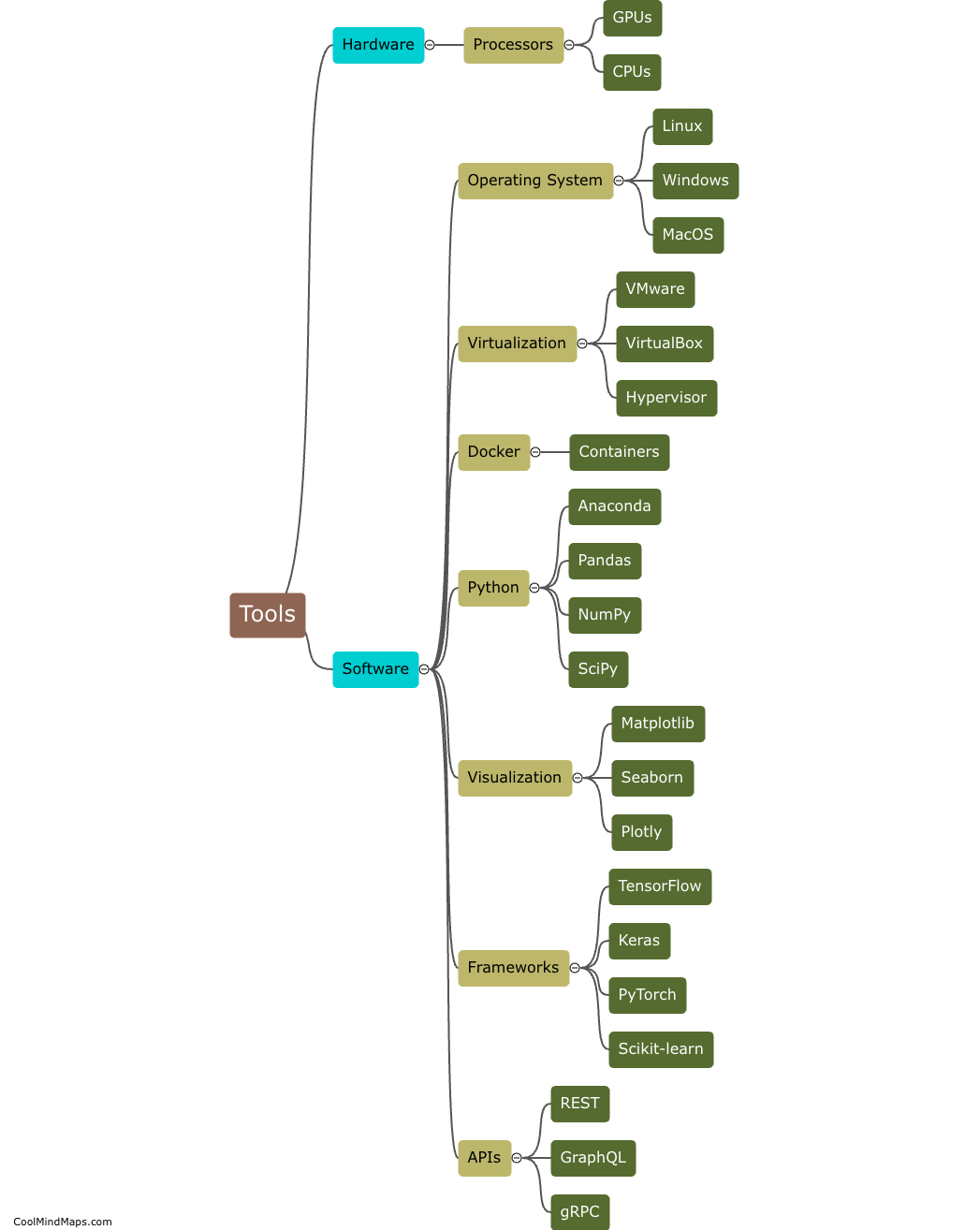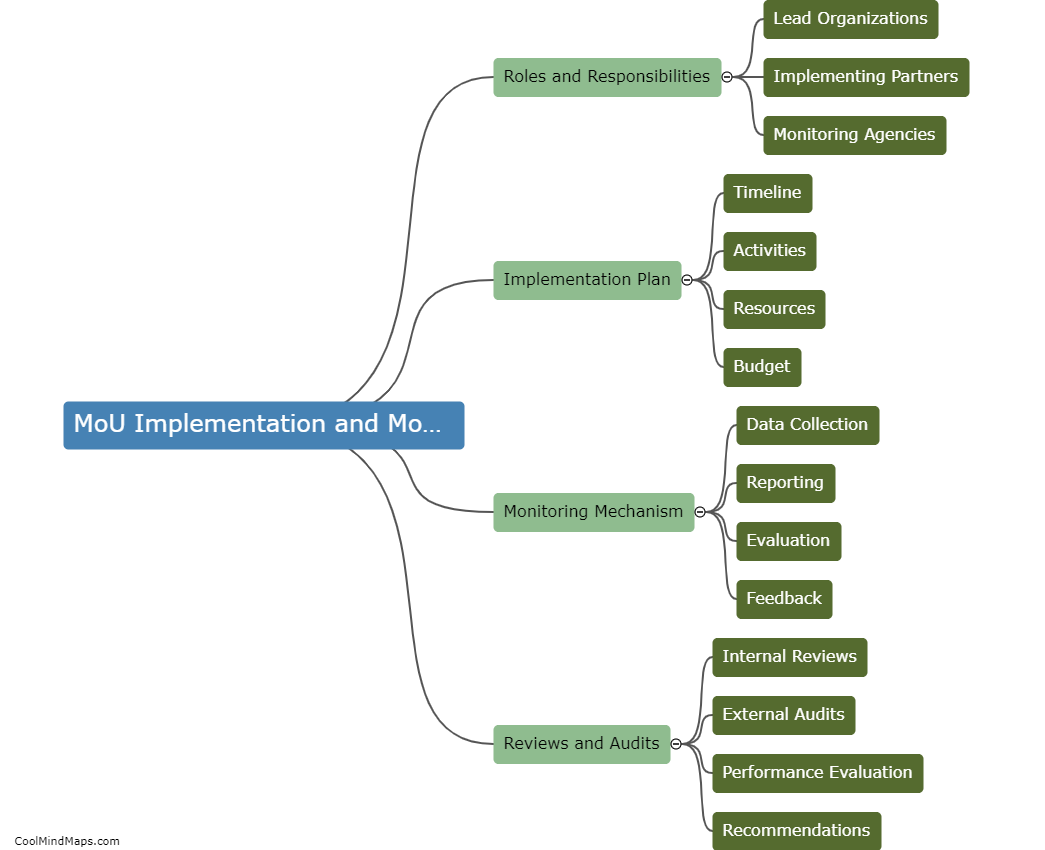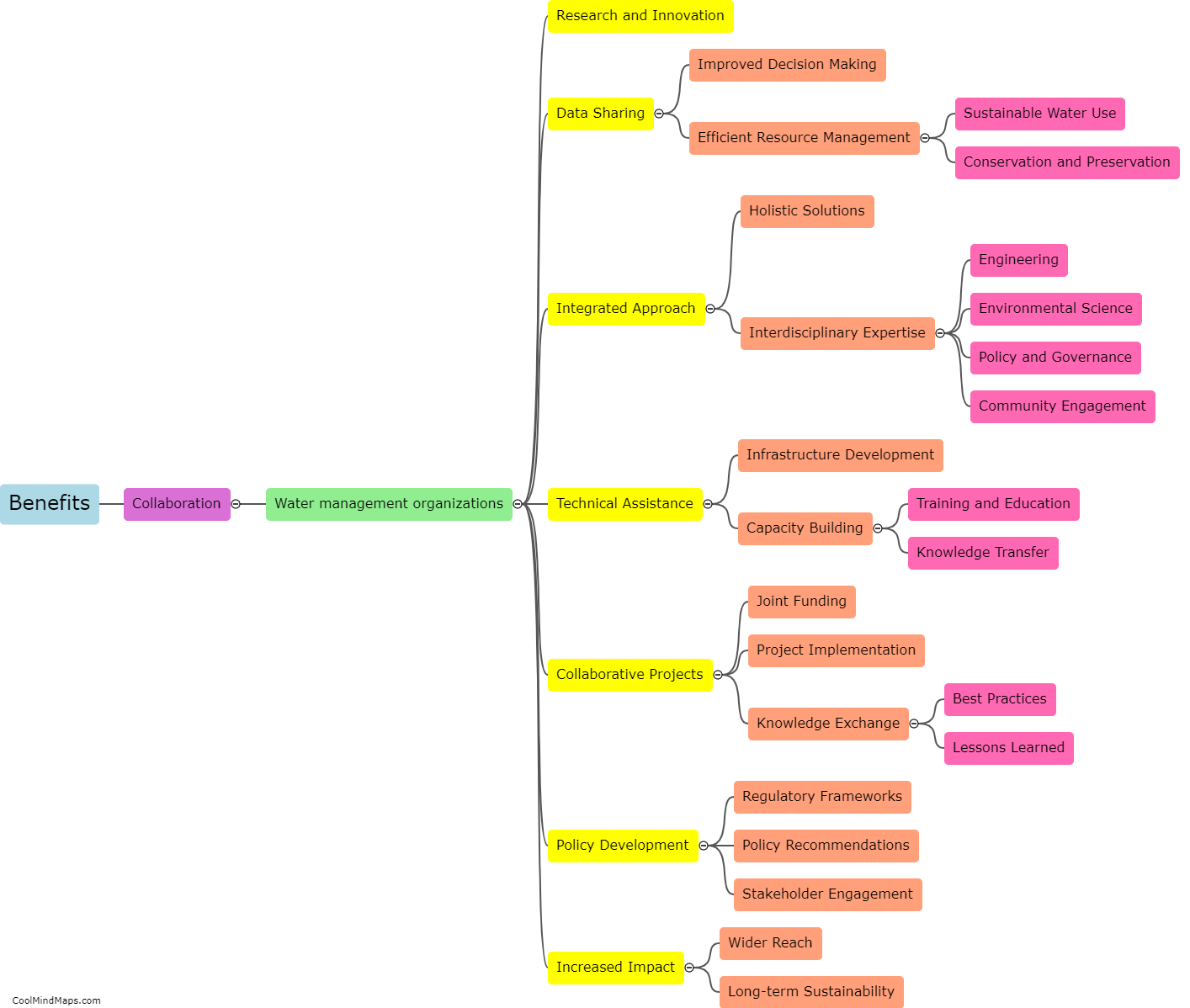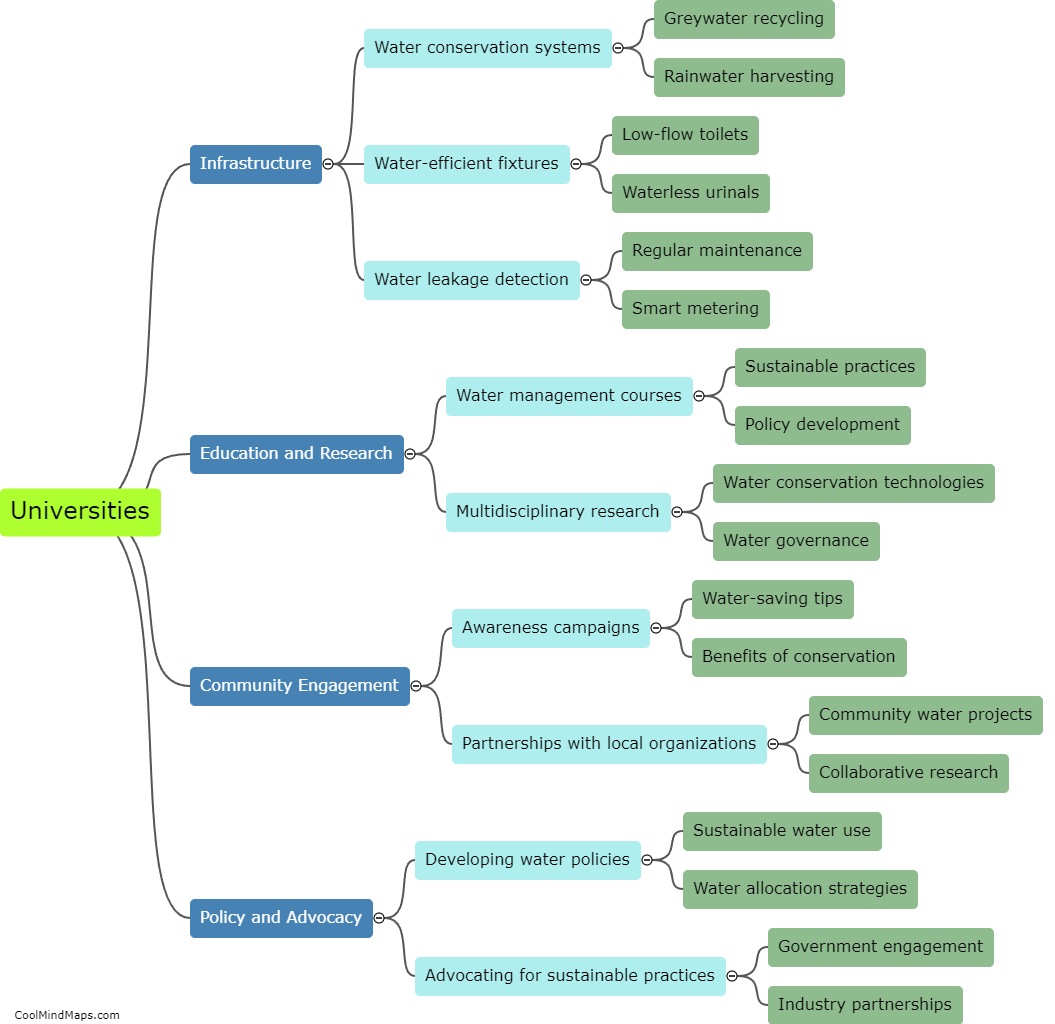How can universities and water management organizations work together to address water challenges?
Universities and water management organizations can collaborate effectively to address the various challenges associated with water management. Universities, being centers of academic research and knowledge, possess the expertise and resources to conduct in-depth studies on water-related issues. They can provide scientific research, data analysis, and innovative solutions to address the water challenges faced by communities and ecosystems. On the other hand, water management organizations have the practical experience and on-ground insights necessary to implement water management practices effectively. By collaborating, universities and water management organizations can bridge the gap between theory and practice, promoting evidence-based decision-making, and fostering sustainable water management strategies. Together, they can develop joint research projects, share knowledge and expertise, and train future professionals in the field of water management, ultimately leading to more efficient and resilient water systems for the benefit of society.
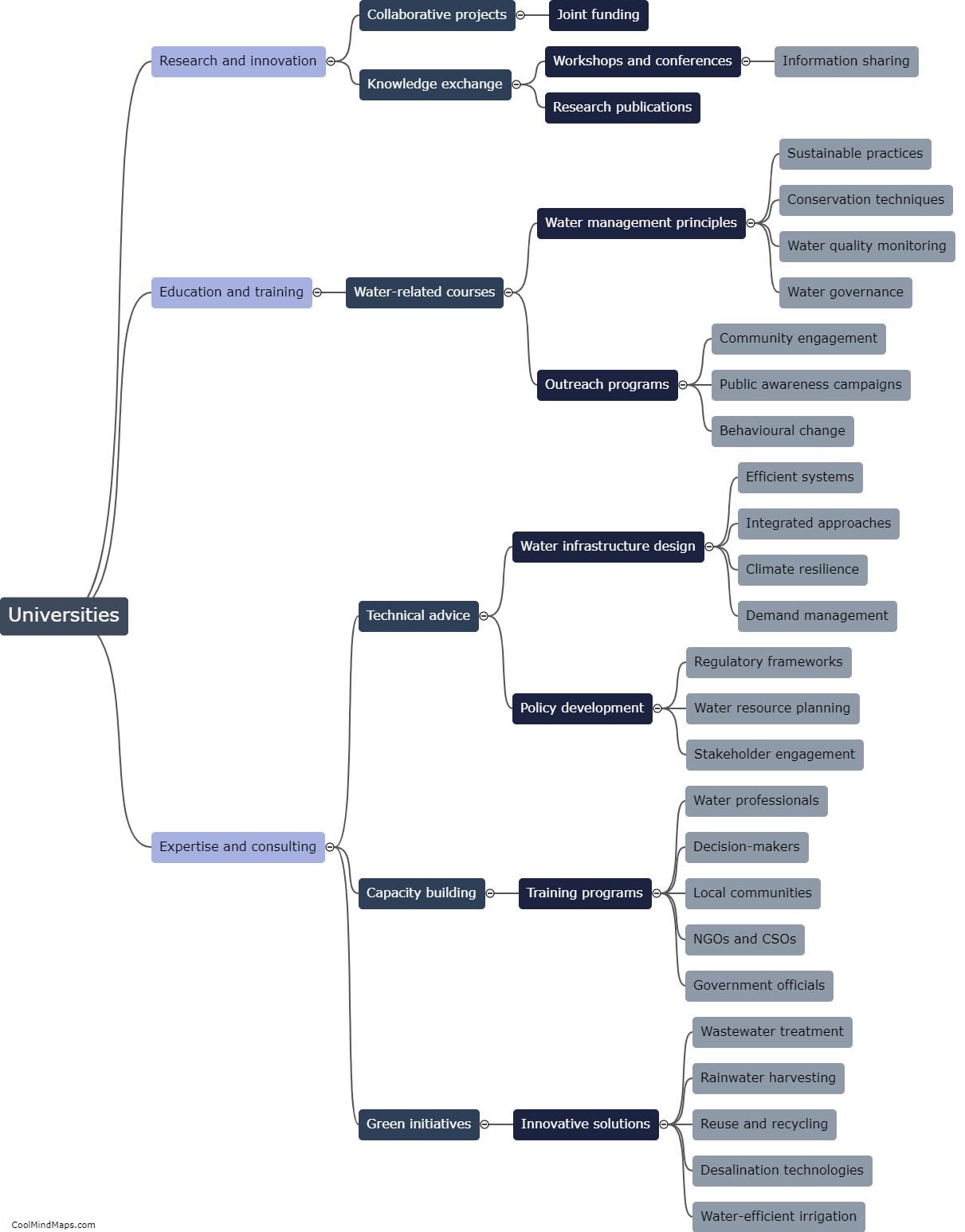
This mind map was published on 29 November 2023 and has been viewed 100 times.
